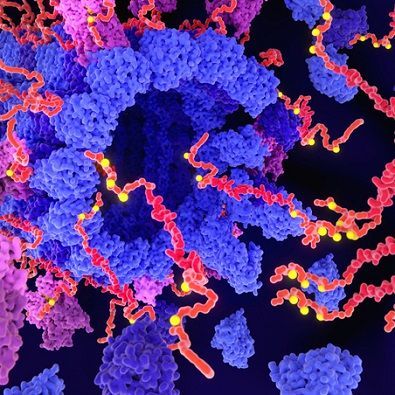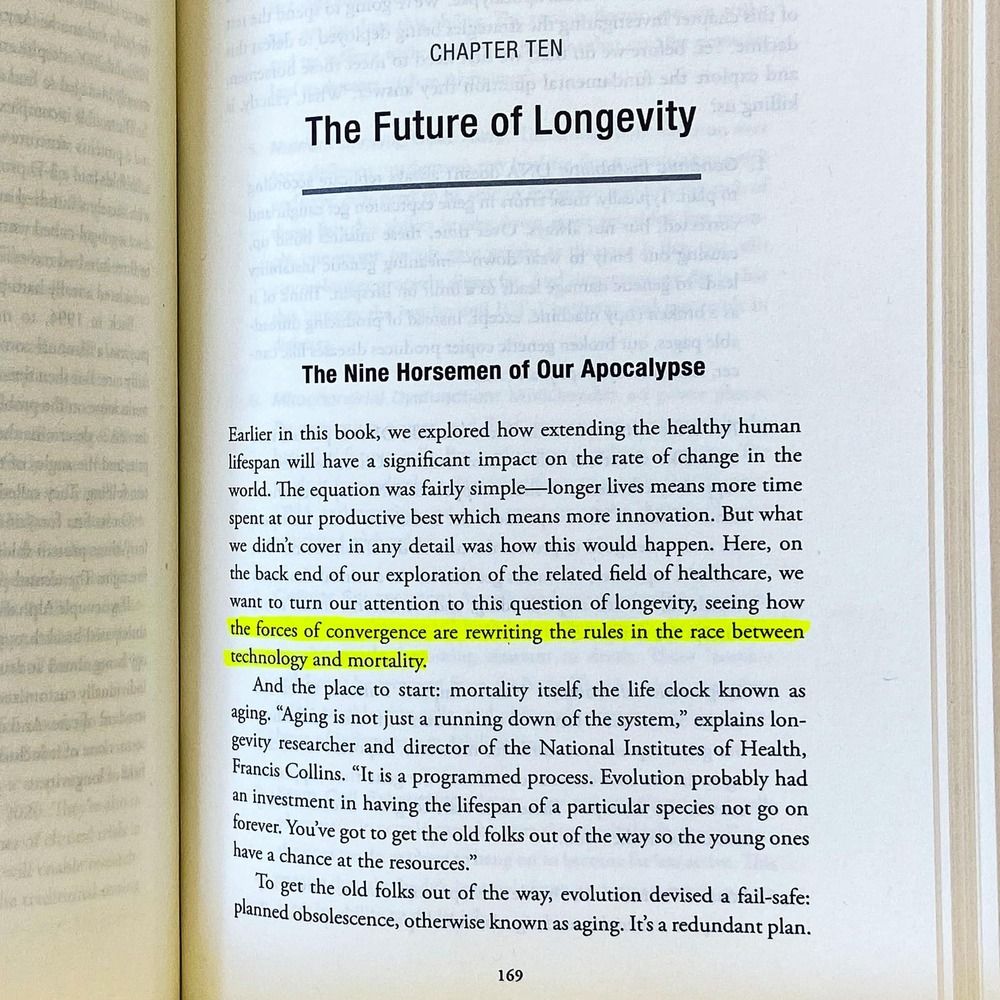Mar 3, 2020
Is Sex for Reproduction About to Become Extinct?
Posted by Lola Heavey in categories: bioengineering, biotech/medical, genetics, sex
As the coming genetic revolution plays out, we’ll still have sex for most of the same reasons we do today. But we’ll increasingly not do it to procreate.
Another rocket booster will be the application of gene editing technologies like CRISPR to edit the genomes of pre-implanted embryos or of the sperm and eggs used to create them. Just this week, Chinese researchers announced they had used CRISPR to edit the CCR5 gene in the pre-implanted embryos of a pair of Chinese twins to make them immune to HIV, the first ever case of gene editing humans and a harbinger of our genetically engineered future. The astounding complexity of the human genome will put limits on our ability to safely make too many simultaneous genetic changes to human embryos, but our ability and willingness to make these types of alterations to our future children will grow over time along with our knowledge and technological ability.
Continue reading “Is Sex for Reproduction About to Become Extinct?” »


















